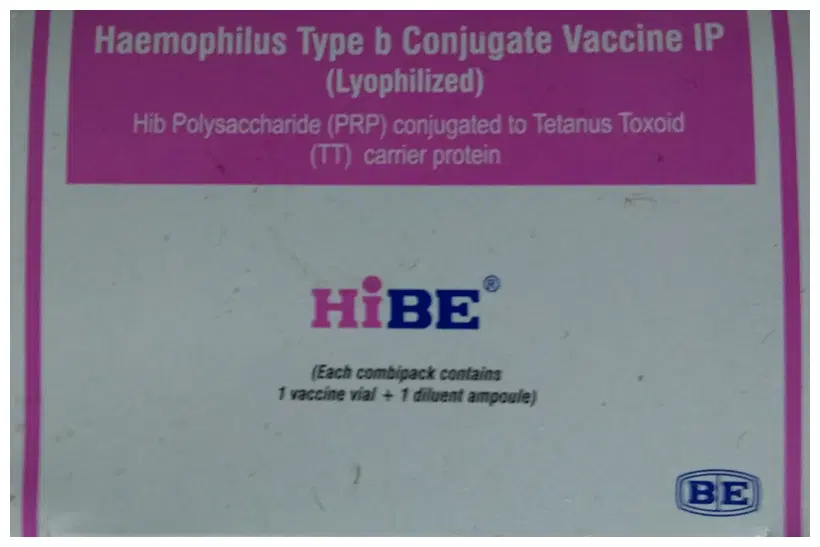Haemophilus Type B Conjugate Vaccine
Haemophilus Type B Conjugate Vaccine is a vaccine that protects against the Haemophilus influenzae type b (Hib) bacteria. This bacteria can cause severe infections, such as pneumonia, meningitis, and epiglottitis, which can lead to life-threatening complications in infants and young children.
The vaccine works by stimulating the body’s immune system to produce a protective response against the Hib bacteria. This response involves the production of antibodies, which are specialized proteins that help to neutralize the harmful effects of the bacteria. By developing a immunity to the Hib bacteria, individuals who have received the vaccine are less likely to develop severe infections caused by this bacteria.
Haemophilus Type B Conjugate Vaccine is typically administered as part of a routine childhood vaccination schedule. The vaccine is usually given as an injection, and it is typically given in a series of doses over a period of time, with the first dose usually being administered when the child is around 2 months old. Additional doses may be given at later time points, as recommended by a healthcare professional.
In addition to infants and young children, certain adults may also be recommended to receive the Haemophilus Type B Conjugate Vaccine if they are at an increased risk of infection due to underlying health conditions or other factors. Healthcare professionals can provide personalized advice and recommendations based on an individual’s specific needs and circumstances.
The Haemophilus Type B Conjugate Vaccine is an essential tool in the prevention of Hib infections, which can cause significant morbidity and mortality, particularly in young children. By ensuring that individuals receive the vaccine as recommended, the incidence of these severe infections can be significantly reduced, leading to better health outcomes and reduced healthcare costs.

Showing all 5 results
Showing all 5 results



